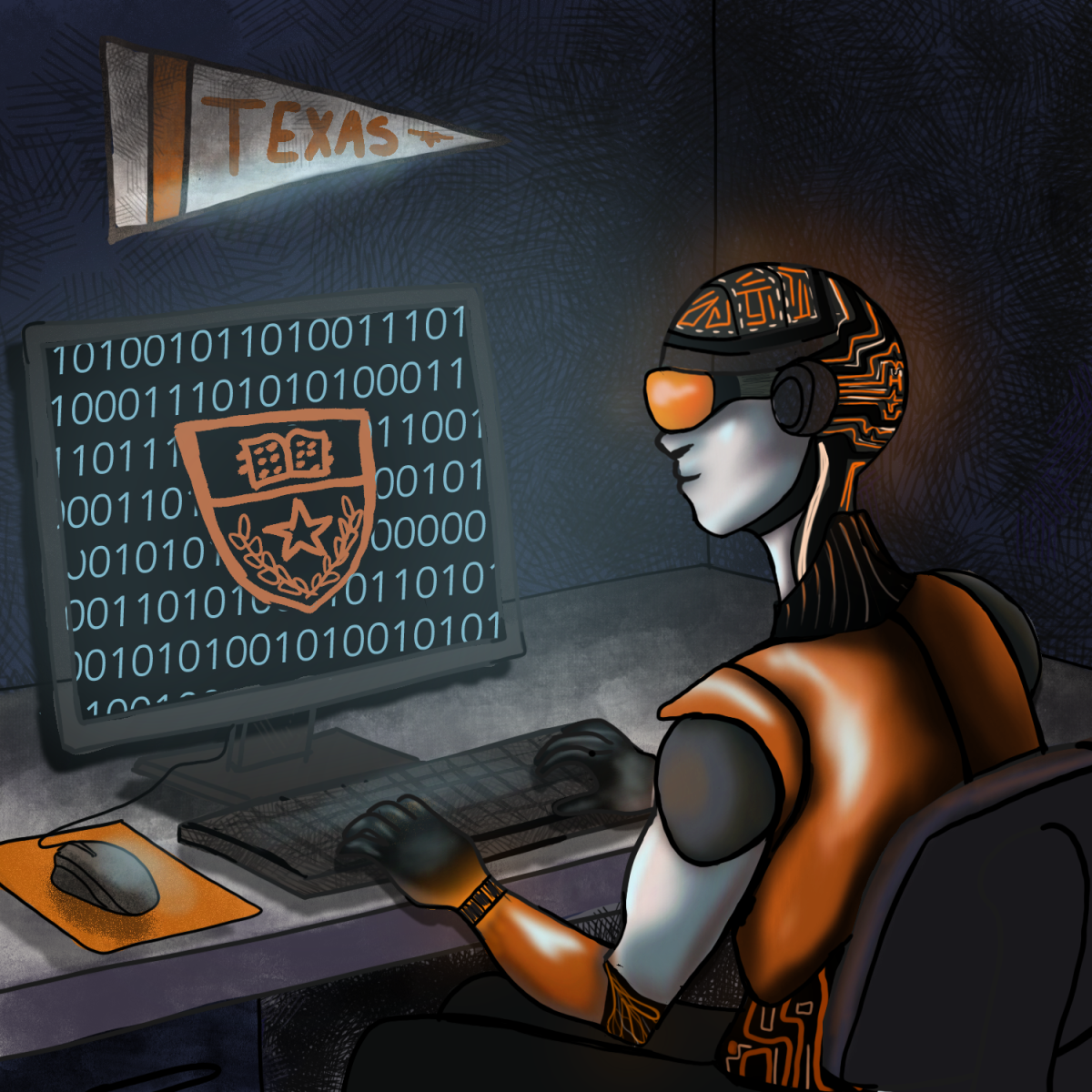The past election cycle, despite its turmoil and turbulence, has brought political change. Political conversation took place on the stage for the presidential and vice-presidential debates and still takes place on media panels, in everyday interactions, and on social media.
One stage of political discourse is UT’s Class of 2020 Facebook group, a diverse group of about 7,500 talented individuals separated by their different experiences and backgrounds, but united through their shared ideals and goals. The Facebook group is “intended to be a place for students to connect with their peers; students are welcome and encouraged to engage in conversation as much or as little as they like.” Recently, political posts on the group created some frustration among the members. However, as much as their frustration could be justified, the response to it is not justifiable. Many members of the group criticized, often using harsh words, the publication of the posts and suggested that they be deleted.
Students can post whatever they want in the group, as long as posts aren’t “bullying, harassing, offensive, racist, sexist, vulgar or call into question academic integrity.” Political posts usually are — and should be — none of the above. Therefore, they should not be deleted. Let us not forget that in every democratic society there is freedom of expression — not absolute freedom, but rather a freedom with certain restrictions. Maintaining freedom of speech is not easy because: first, the individual must realize its meaning, and second, they must also understand and respect its limits.
As long as this freedom stands, majorities as well as minorities will be able to take the podium and have the chance to be heard. As long as democracy stands, conflicting opinions and ideologies from different schools of thought will be written, posted and spread. No matter if you agree or disagree with the political views on Facebook groups or on the internet in general, you have to respect the right of others to express them.
This is not limited to Facebook or the internet — this is an issue that is present in real life. Not all the people we meet possess views similar to ours. In real life there is no virtual moderator, which makes us practice mutual tolerance, testing the freedom that democracy provides.
However, people who convert their own political views from ideas to words should be careful. Engaging in political dialogue calls for hearing opposing viewpoints and supporting your own views with facts. Generalizations, stubbornness and bias harm the discussion.
John Masefield wrote in his tribute to English universities that “there are few earthly things more beautiful than a university.” He did not refer to campus greens and ivied walls, but he admired the splendid beauty of the university because it was “a place where those who hate ignorance may strive to know, where those who perceive truth may strive to make others see.”
We should honor the fact that the University is the kind of the institution that Masefield admires. The topics discussed on the group should not be restrained to selling books, tickets etc. We should “sell” and exchange ideas and ideals. That’s what will bring us closer as a class and help us understand the democracy we live in.
Koulouras is an electrical and computer engineering freshman from Greece.





















